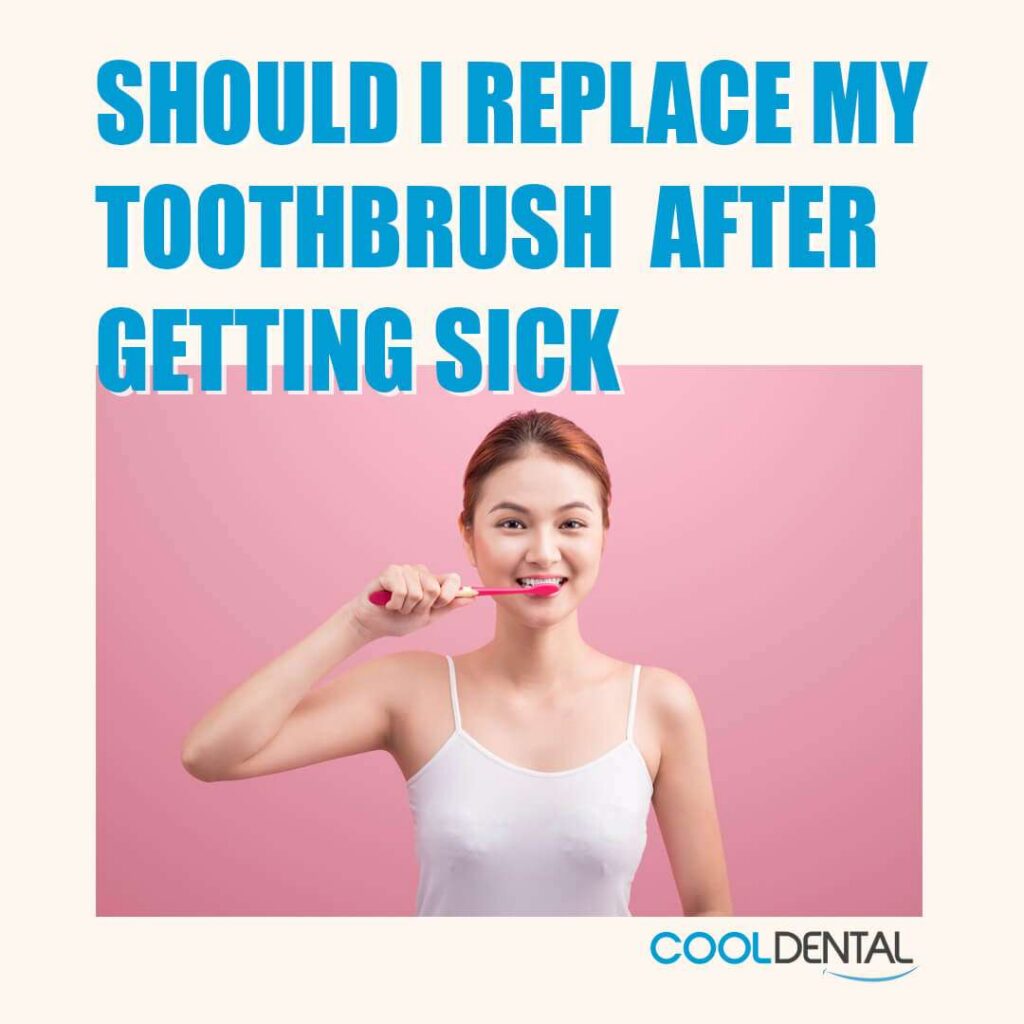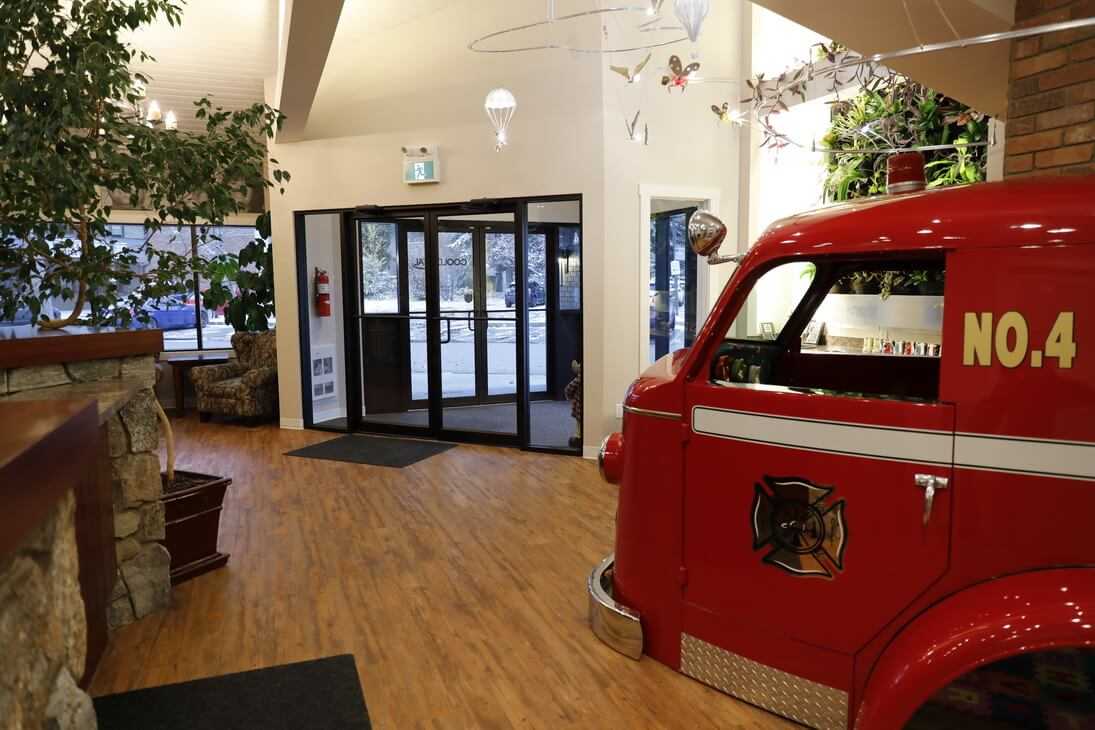
Thinking about ditching your toothbrush because you got sick?
Cleaning house, disinfecting surfaces, changing sheets, and separating laundry are usual practices when you catch or are recovering from a contagious illness.
But is it necessary to throw away the toothbrush you used while you were sick? Could it make you ill again?
Some say it would be good to switch to a new toothbrush. Let’s talk more about it in this post.
Can your toothbrush cause reinfection?
The mouth is home to billions of bacteria. Some are good, and some are bad. When you clean your mouth, debris and bacteria can cling to your toothbrush. That’s why it’s important to rinse it well after use.
Will germs linger on your toothbrush after rinsing? And should you worry about it?
According to the Centers for Disease Control and Prevention (CDC), there’s limited research saying toothbrushes can remain contaminated with disease-causing microorganisms.
Reusing your toothbrush after getting sick won’t lead to reinfection or adverse health conditions. That means you can keep it provided it’s still in good condition. Proper storage is also crucial.
When is the right time to replace my toothbrush?
Sick or not, the ideal time to replace your toothbrush is every 3-4 months or as soon as it shows signs of wear. A frayed toothbrush will no longer clean your mouth effectively.
You might also want to consider using your own toothpaste tube when you’re sick or be sure to wash your hands before and after brushing. Holding the tube with dirty hands can cause germs to spread.
What if I contract COVID-19, should I keep using my old toothbrush?
If you’re diagnosed with COVID-19, you must separate personal items such as your toothbrush.
COVID-19 virus can be transmitted through particles suspended in air or by touching infected surfaces and touching your nose and eyes. That’s why health professionals recommend staying out of crowded areas and enclosed spaces with poor ventilation.
But as for changing your toothbrush, it won’t be necessary. After recovering from the disease, your body will have developed immunity from the virus. A reinfection is unlikely to occur from using the same toothbrush.
As long as you aren’t sharing your toothbrush with others in the household and its bristles are still intact, you can keep using it.
Proper toothbrush care tips
Here are some good practices in caring for your toothbrush.
- Avoid covering your toothbrush. Dry it completely after every use. Position it upright, and don’t store it in a closed container. Germs love moisture, and they spread more quickly in wet environments.
- Don’t share a toothbrush, especially with very young children. Avoid the risks of passing harmful microbes in your mouth.
- Skip disinfecting your toothbrush with a mouth rinse or any liquid solution. Contamination is more likely to happen if your toothbrush lingers too long in the solution, or the solution is used or shared multiple times.
- Put your toothbrush and toothpaste in their own place. Keep them from touching someone else’s dental hygiene tools.
Boost your oral hygiene routine by see your dentist in Lethbridge, Alberta
Your toothbrush remains your number one oral hygiene tool. But improper use and storage can make it less effective. In some instances, it can have adverse effects in your mouth.
Contact us at (403) 382-2273 if you’re in Lethbridge, Alberta, and have questions about proper oral hygiene habits or choosing the right toothbrush for your family.
Our team at Cool Dental is happy to answer your questions related to dental care. We recommend booking an appointment with our friendly Lethbridge dentist, Dr. Karstan Lachman, for specific oral healthcare needs.



